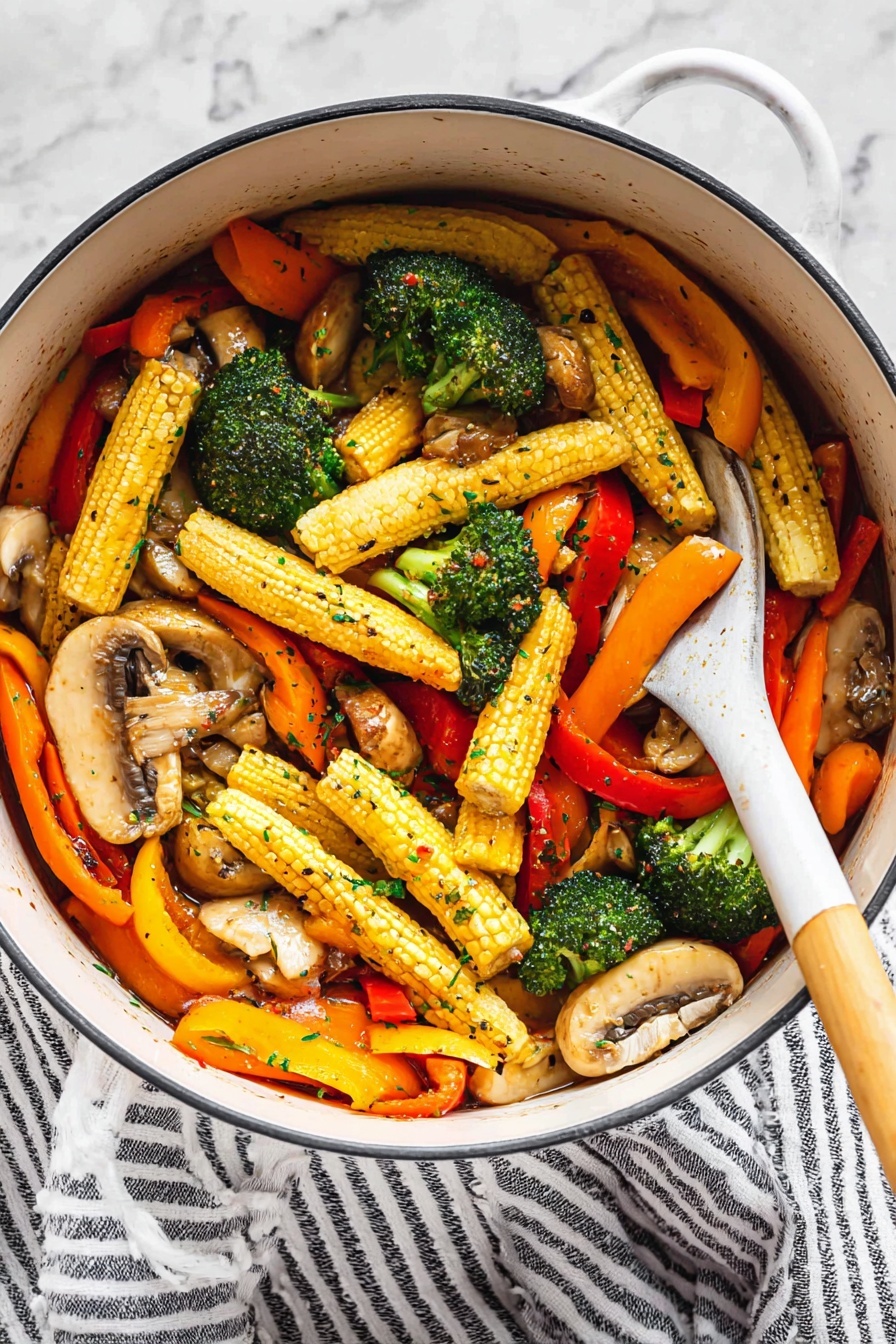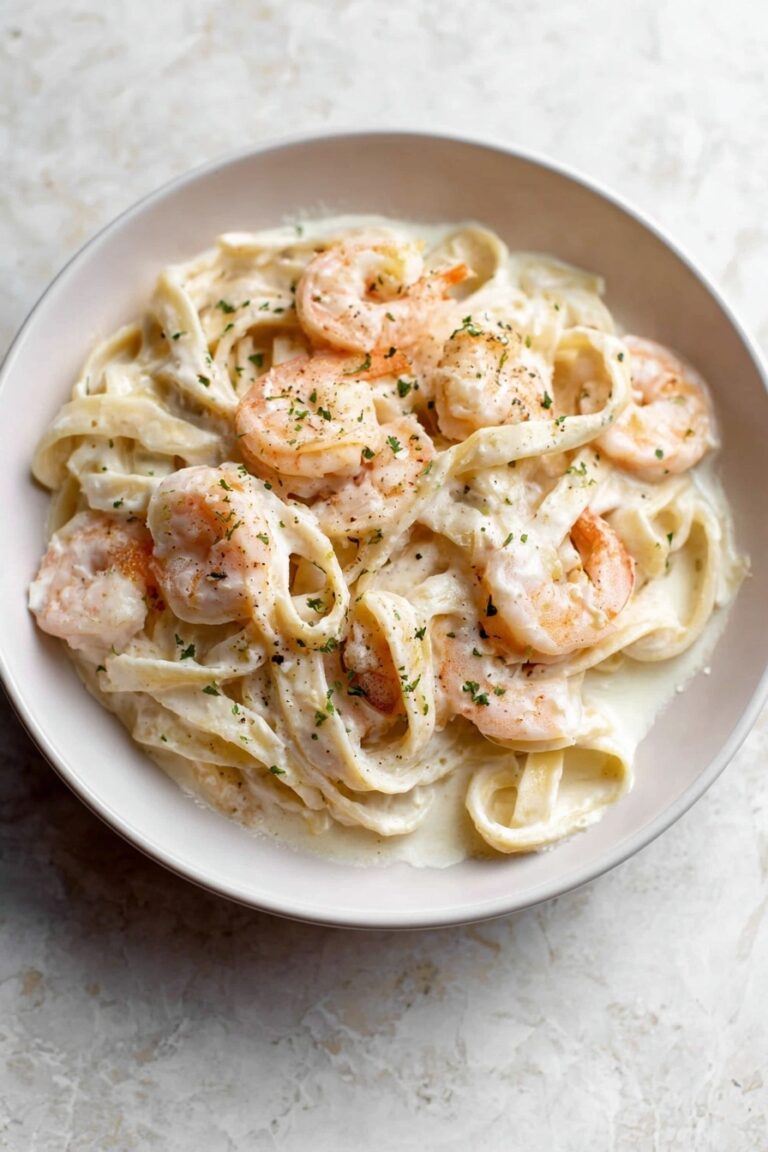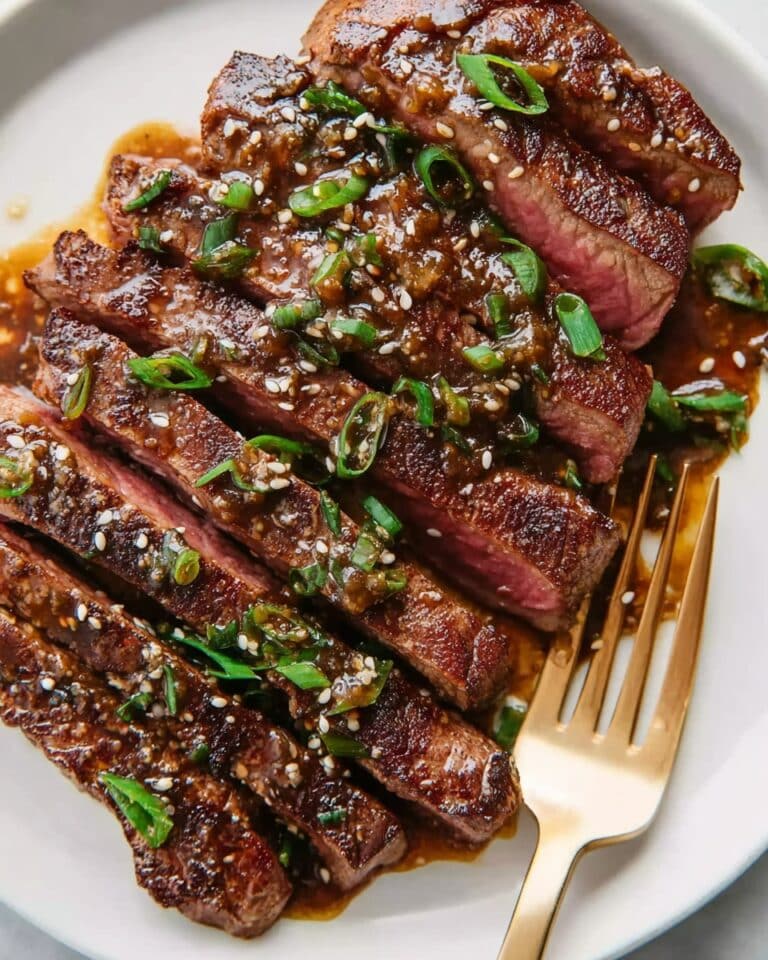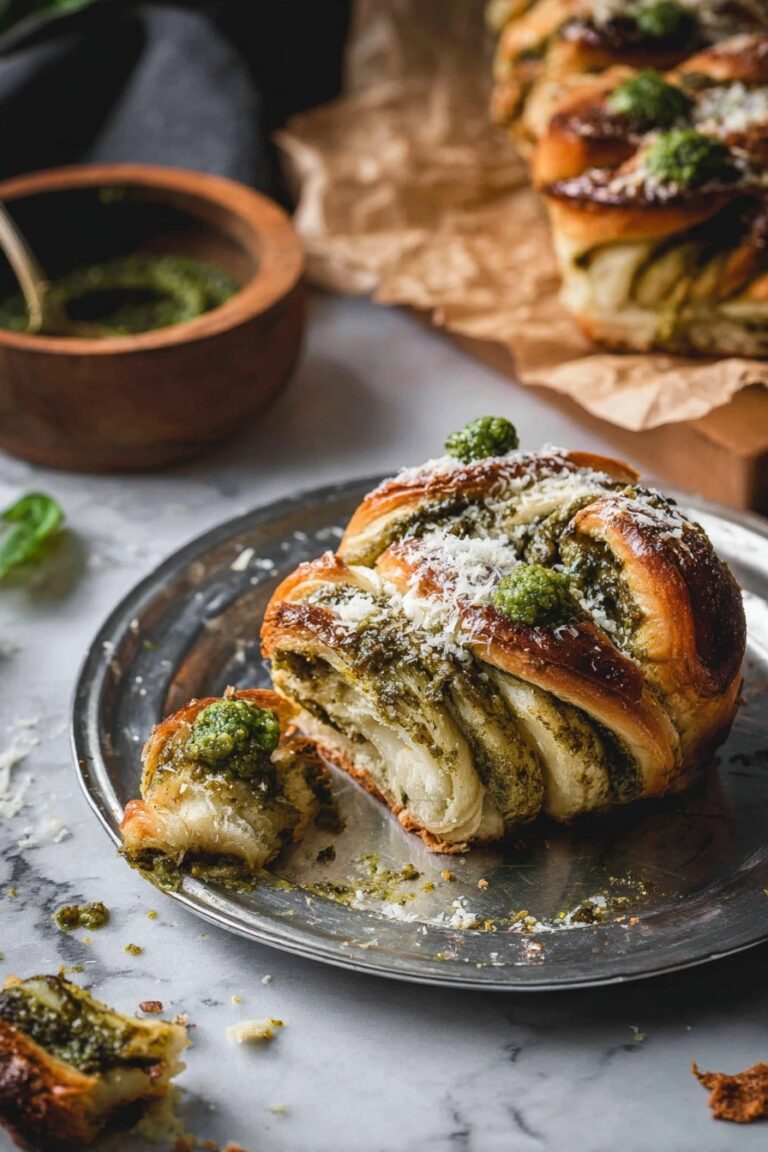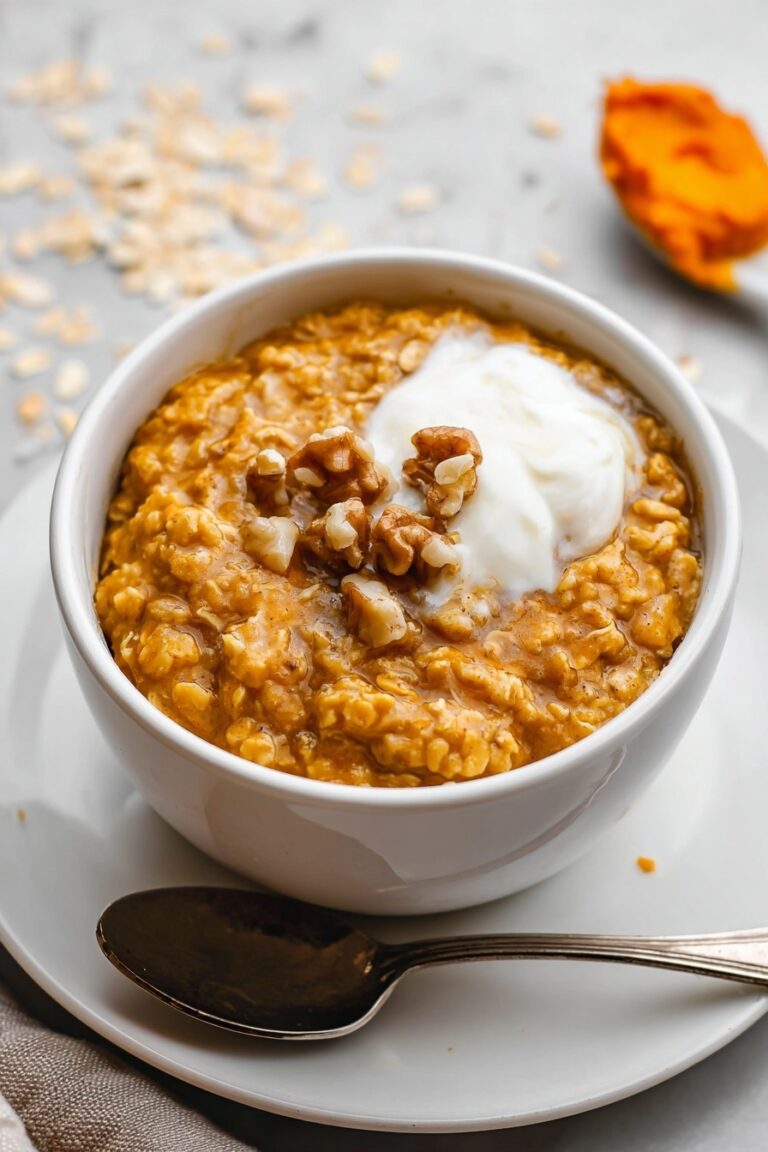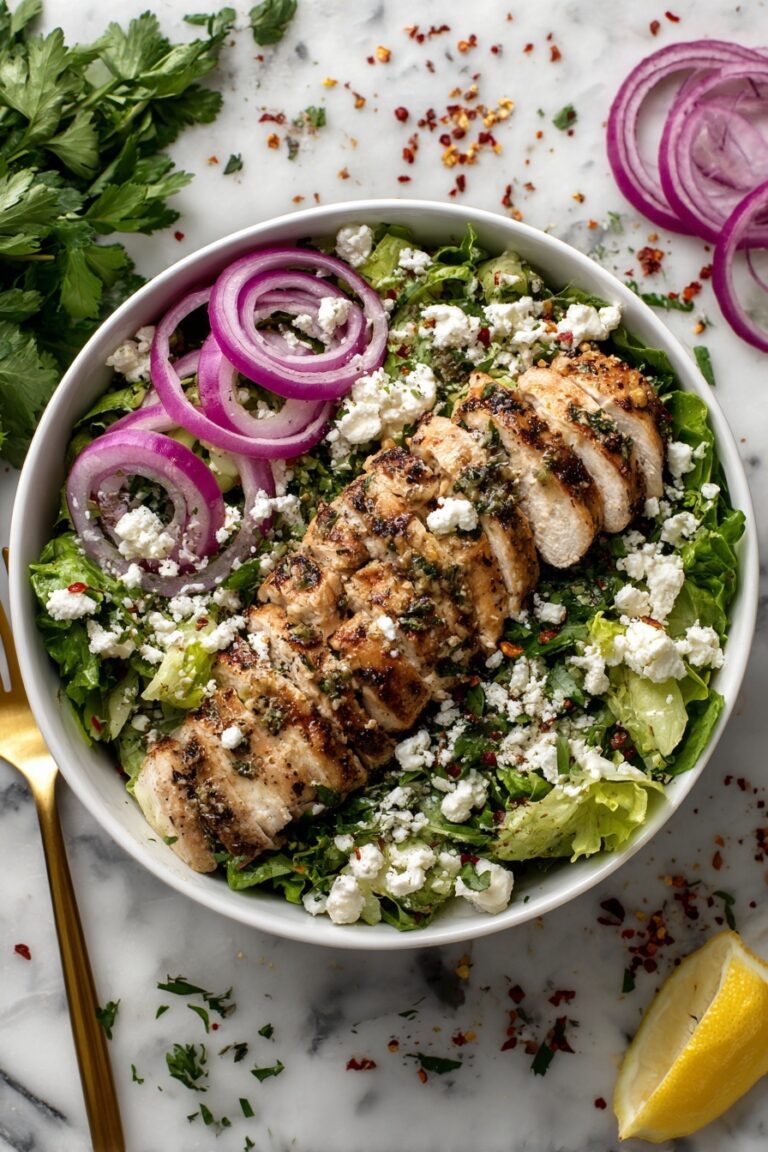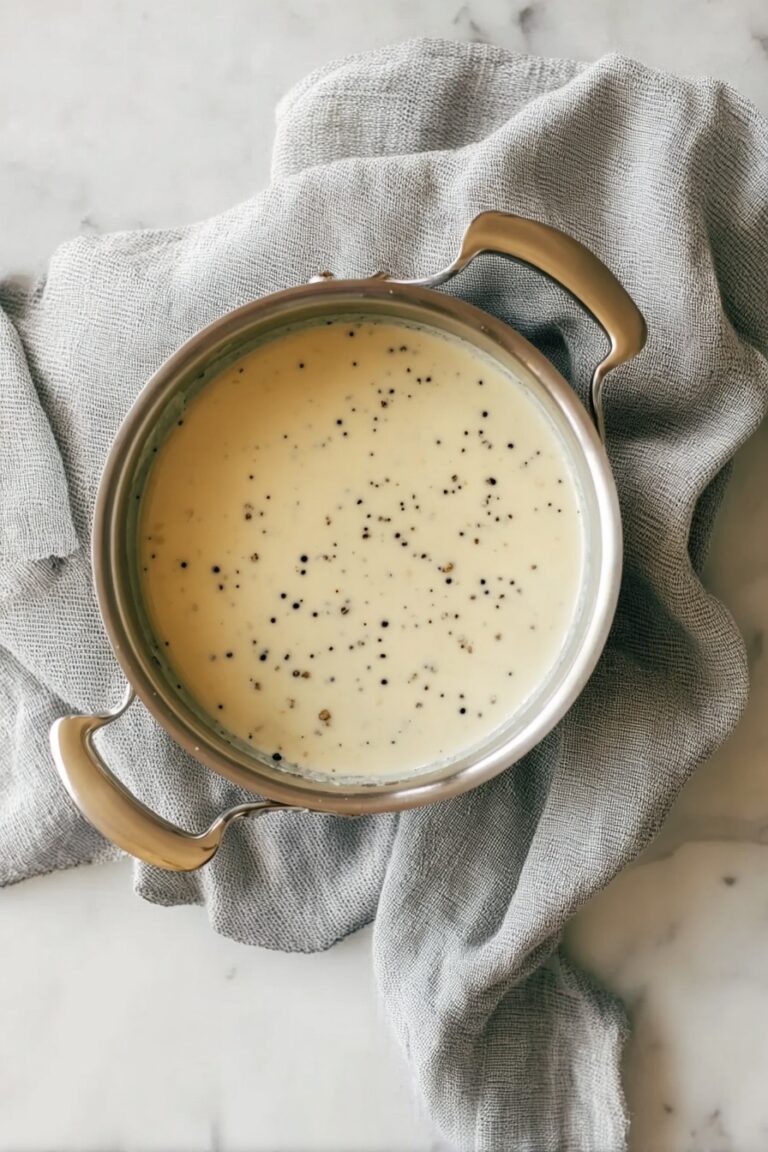Vegetable Stir Fry Recipe
If you’re craving a quick, colorful, and utterly delicious dinner, let me tell you about my go-to Vegetable Stir Fry Recipe. It’s one of those dishes that’s packed with vibrant veggies and bold flavors but comes together in under 30 minutes—perfect for busy weeknights or when you want something light and satisfying. I first tried this recipe on a whim when my fridge was loaded with random vegetables, and now it’s a kitchen staple I keep coming back to. Stick around because I’m sharing all my tips to help you nail this simple stir fry every single time!
Why This Recipe Works
- Balanced Flavors: The combo of soy sauce, honey, and a touch of heat makes every bite flavorful but not overpowering.
- Perfect Veggie Texture: Quick stir-frying keeps the vegetables crisp-tender and fresh, never mushy.
- Super Versatile: You can swap veggies or add your favorite protein to make it your own.
- Simple & Quick: Ready in just about 25 minutes from start to finish—weeknight magic!
Ingredients & Why They Work
The ingredients in this Vegetable Stir Fry Recipe come together not only to deliver flavor but also texture and ease. Each veggie adds a distinct crunch or softness, while the sauce binds it all with a lovely balance of savory, sweet, and a hint of spice. I find that using fresh veggies and making the sauce from scratch with staple pantry items takes this dish to the next level.
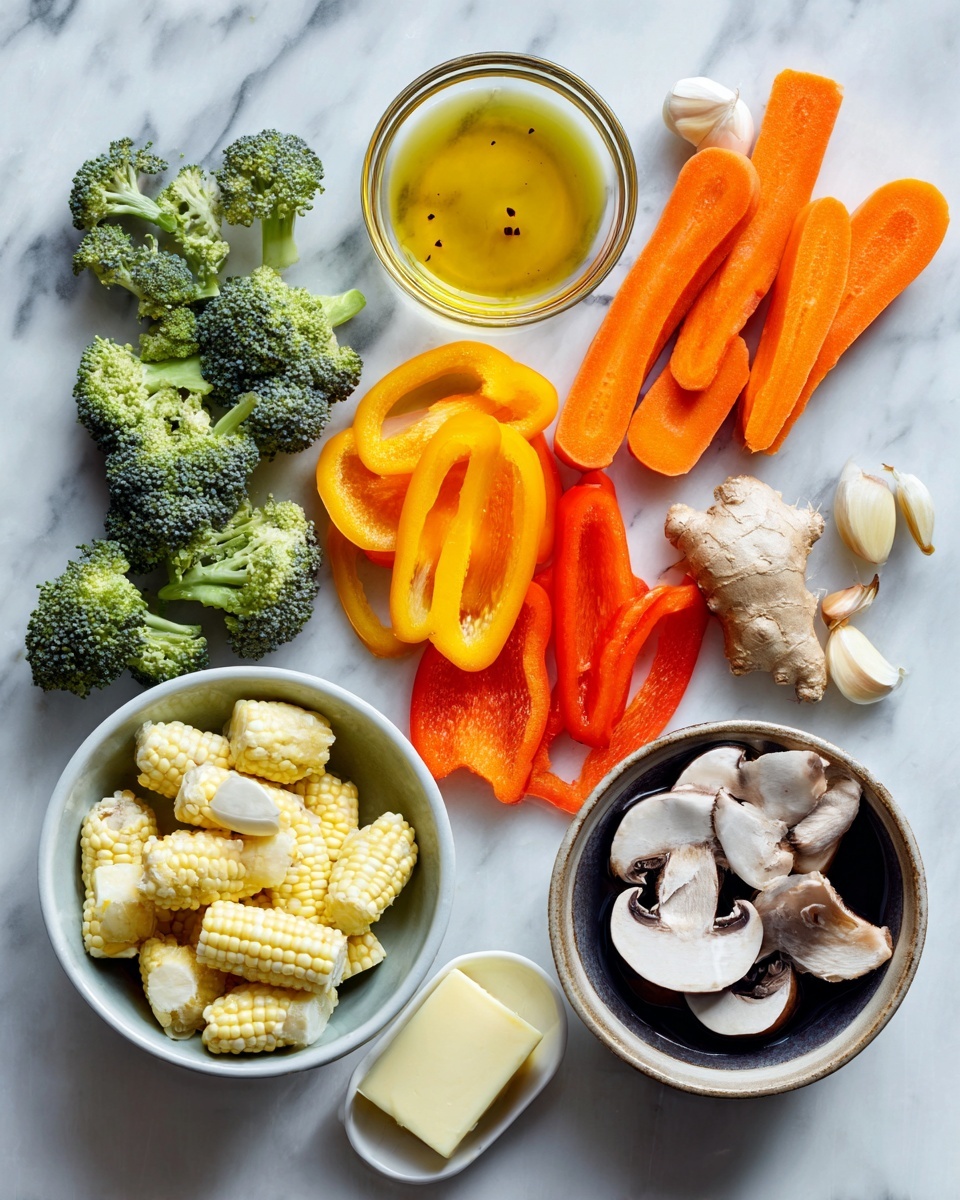
- Chicken or Vegetable Broth: Adds depth to the sauce without overpowering the veggies.
- Soy Sauce or Tamari: The salty backbone of the stir fry; use Tamari if you need gluten-free.
- Corn Starch: Essential for thickening the sauce and giving it that glossy finish.
- Honey: Balances the saltiness with a gentle sweetness and caramelizes slightly during cooking.
- Hot Sauce (optional): A kick of heat that wakes up the palate—adjust to your liking.
- Carrots: Add color and a subtle sweetness, plus a satisfying crunch.
- Broccoli Florets: Their bite and slightly bitter edge contrast nicely with sweet and savory notes.
- Baby Corn: Adds a fun texture and mild flavor, a classic stir fry element.
- Mushrooms: Earthy and meaty, they soak up the sauce beautifully.
- Bell Pepper: Vibrant color and crunch plus a hint of sweetness.
- Cooking Oil: Use something with a high smoke point like canola or light olive oil for searing.
- Unsalted Butter: Adds a silky richness and helps meld the garlic and ginger flavors.
- Garlic and Ginger: The dynamic duo of aromatics that bring warmth and zing.
Tweak to Your Taste
I love how flexible this Vegetable Stir Fry Recipe is—you can make it truly your own, depending on what’s in your fridge or your mood. Don’t be afraid to swap veggies or add your favorite protein to bulk it up. It’s like a blank canvas that always ends up looking and tasting amazing.
- Protein: Adding cooked chicken, shrimp, tofu, or even ground pork can transform this into a hearty main. Personally, I sauté some diced chicken breast separately and toss it in at the end for a protein boost.
- Veggie Swaps: Use snap peas, zucchini, or green beans if you like—just keep them fresh and avoid frozen since they can water down your sauce.
- Nuts & Seeds: I sometimes sprinkle roasted peanuts or cashews on top for an extra crunch and richness.
- Spice Level: Play with the heat—add more hot sauce or toss in some sliced fresh chili if you’re feeling adventurous!
Step-by-Step: How I Make Vegetable Stir Fry Recipe
Step 1: Whip Up Your Stir Fry Sauce
This is where the magic begins. In a small bowl, I mix chicken or vegetable broth, soy sauce, corn starch, honey, and a dash of hot sauce if I’m feeling spicy. Make sure you stir well so the corn starch dissolves completely—otherwise, you’ll end up with lumps in your sauce. Set it aside while you prep the veggies.
Step 2: Heat Up the Pan and Sauté Veggies
Get your skillet or wok hot over medium-high heat and pour in your oil—that shimmering stage means it’s ready. Toss in all the veggies (carrots, broccoli, baby corn, mushrooms, and bell pepper) and stir-fry for about 3 minutes. You want them crisp-tender, so keep things moving in the pan. Overcooking will make them limp and soggy, which is a common pitfall to avoid.
Step 3: Add Aromatics for Flavor
Turn the heat down to medium, add butter, garlic, and ginger, and stir constantly for 30-60 seconds until fragrant. This step really adds a fragrant backbone to the dish, so don’t rush it.
Step 4: Combine Sauce and Finish Cooking
Give your stir fry sauce another stir in case it’s separated, then pour it over the veggies. Lower heat to medium-low and let it simmer for 3-4 minutes until thickened and your veggies are just how you like them. I usually like mine still with a slight bite to keep that fresh crunch.
Pro Tips for Making Vegetable Stir Fry Recipe
- Prep First: Chop all your veggies and measure the sauce ingredients before heating the pan—you’ll avoid overcooking while scrambling to prepare.
- High Heat is Key: Use a really hot pan and keep the veggies moving to get that perfect sear and keep them crisp.
- Don’t Overcrowd the Pan: If you add too many veggies at once, they steam instead of sauté, losing their crunch and flavor.
- Corn Starch Timing: Make sure the sauce thickens towards the end to avoid a gloopy texture—patience here pays off.
How to Serve Vegetable Stir Fry Recipe
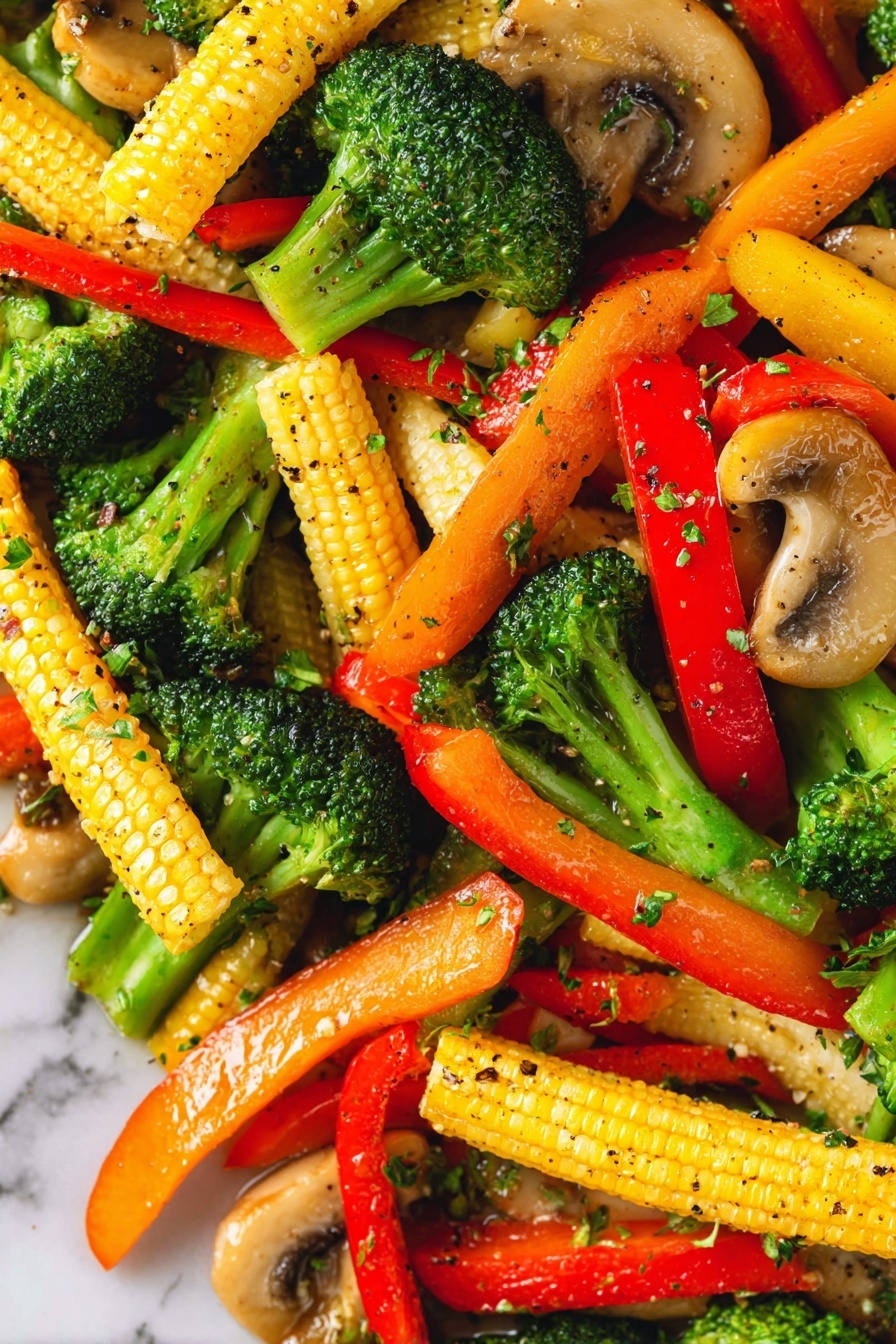
Garnishes
I’m a big fan of finishing off the stir fry with a sprinkle of toasted sesame seeds and some chopped green onions. It adds a beautiful crunch and fresh brightness. If you like a bit of heat, a drizzle of sriracha or a few chili flakes never hurt anyone either.
Side Dishes
This veggie stir fry pairs wonderfully with steamed jasmine rice or cauliflower rice if you’re watching carbs. Sometimes, I serve it alongside simple pan-fried dumplings or even cold soba noodles tossed with sesame dressing for an Asian-inspired feast.
Creative Ways to Present
For special occasions, I like to serve this stir fry in individual bamboo steamers or over a bed of crispy fried rice cakes. You can also pile it over noodles in a shallow bowl and garnish with fresh cilantro and lime wedges for an extra pop of color and tang.
Make Ahead and Storage
Storing Leftovers
I store leftover stir fry in an airtight container in the fridge and it usually keeps beautifully for up to 4 days. Keeping the sauce separate when possible will help maintain the best texture, but honestly, it reheats well all together.
Freezing
I’ve frozen this vegetable stir fry a couple of times, and while the texture of some veggies might soften a bit, it still tastes great when reheated. Just freeze in a sealed container and thaw overnight in the fridge before reheating.
Reheating
To reheat, I prefer giving the leftovers a quick toss in a hot skillet with a splash of water or broth to revive the veggies and freshen up the sauce. Microwave works in a pinch, but you may lose some crispness.
FAQs
-
Can I make this Vegetable Stir Fry Recipe vegan?
Absolutely! Just swap the chicken broth for vegetable broth and omit the butter or replace it with a plant-based alternative. Use tamari instead of soy sauce if you need it gluten-free, and you’re good to go.
-
What if I don’t have baby corn or mushrooms?
No worries. You can substitute baby corn with sliced snap peas or asparagus tips, and mushrooms can be swapped for zucchini or eggplant. The key is keeping a mix of textures, so choose veggies that hold up well to stir frying.
-
How do I prevent my vegetables from getting soggy?
High heat and quick cooking are your best friends. Also, avoid overcrowding the pan and don’t overcook the veggies. Stir fry in batches if necessary to keep them crisp-tender and vibrant.
-
Can I prepare this stir fry ahead of time?
You can prep all the veggies and mix the sauce in advance, storing both separately in the fridge. When it’s time to eat, just stir-fry everything together. This saves time and keeps the veggies fresh and crisp.
Final Thoughts
This Vegetable Stir Fry Recipe is one of those dishes that’s both simple and satisfying—a real crowd-pleaser in my house. It’s colorful, quick, and forgiving, and I love the way it brings out the best in everyday veggies. Next time you’re stuck on what to make for dinner or want to get creative with your produce, give this recipe a try. I promise you’ll come away with a tasty, wholesome meal that feels like a little celebration of flavor and texture every time.
Print
Vegetable Stir Fry Recipe
- Prep Time: 10 minutes
- Cook Time: 15 minutes
- Total Time: 25 minutes
- Yield: 4 servings
- Category: Main Course
- Method: Stovetop
- Cuisine: Asian
- Diet: Vegetarian
Description
A vibrant and healthy vegetable stir fry featuring a flavorful homemade stir fry sauce. Perfect for a quick, nutritious meal that can be customized with your choice of protein and vegetables.
Ingredients
Stir Fry Sauce
- 1/4 cup chicken broth or vegetable broth for vegetarian
- 3 Tbsp low-sodium soy sauce or 2 Tbsp regular soy sauce (use Tamari for gluten-free)
- 1 tsp corn starch
- 2 Tbsp honey
- 1/4 tsp hot sauce (optional, Frank’s or Sriracha)
Vegetable Stir Fry
- 1 large carrot, sliced
- 2 cups medium broccoli florets
- 8 oz can baby corn spears, drained
- 8 oz mushrooms, sliced or quartered (white or brown)
- 1 whole pepper (red, yellow, or orange), seeded and sliced
- 2 Tbsp cooking oil (extra light olive oil or canola)
- 2 Tbsp unsalted butter
- 3 garlic cloves, peeled and minced
- 2 tsp ginger, minced
Instructions
- Make stir fry sauce: In a small bowl, combine all the ingredients for the stir fry sauce and stir thoroughly to incorporate the corn starch. Set aside until ready to use.
- Sauté the veggies: Heat a large non-stick skillet or wok over medium-high heat and add the cooking oil. Once the oil is hot and shimmering, add the sliced carrot, broccoli florets, baby corn, mushrooms, and sliced pepper. Stir-fry the vegetables for about 3 minutes until just crisp-tender, avoiding overcooking.
- Add aromatics: Reduce heat to medium and add unsalted butter, minced garlic, and minced ginger to the skillet. Stir constantly for 30 to 60 seconds until fragrant.
- Add the stir-fry sauce: Stir the sauce again if it has separated, then pour it over the vegetables. Reduce heat to medium-low and cook for 3 to 4 minutes, stirring occasionally, until the sauce thickens and the vegetables reach desired tenderness.
Notes
- Variations: Add cooked chicken, shrimp, ground beef, ground pork, or tofu for extra protein.
- Vegetable swaps: Feel free to use your preferred fresh vegetables, but avoid frozen to prevent mushiness and watery sauce.
- Add nuts like peanuts or cashews, or seeds for additional texture and flavor.
- Make ahead: Prep the vegetables and mix the sauce separately. Store in the refrigerator until ready to cook.
- Storage: Keep leftovers in an airtight container refrigerated for up to 4 days.
- Reheat: Sauté leftovers on low heat in a pan until heated through to preserve texture and flavor.
Nutrition
- Serving Size: 1 serving
- Calories: 180 kcal
- Sugar: 7 g
- Sodium: 350 mg
- Fat: 8 g
- Saturated Fat: 3 g
- Unsaturated Fat: 5 g
- Trans Fat: 0 g
- Carbohydrates: 22 g
- Fiber: 5 g
- Protein: 4 g
- Cholesterol: 10 mg

